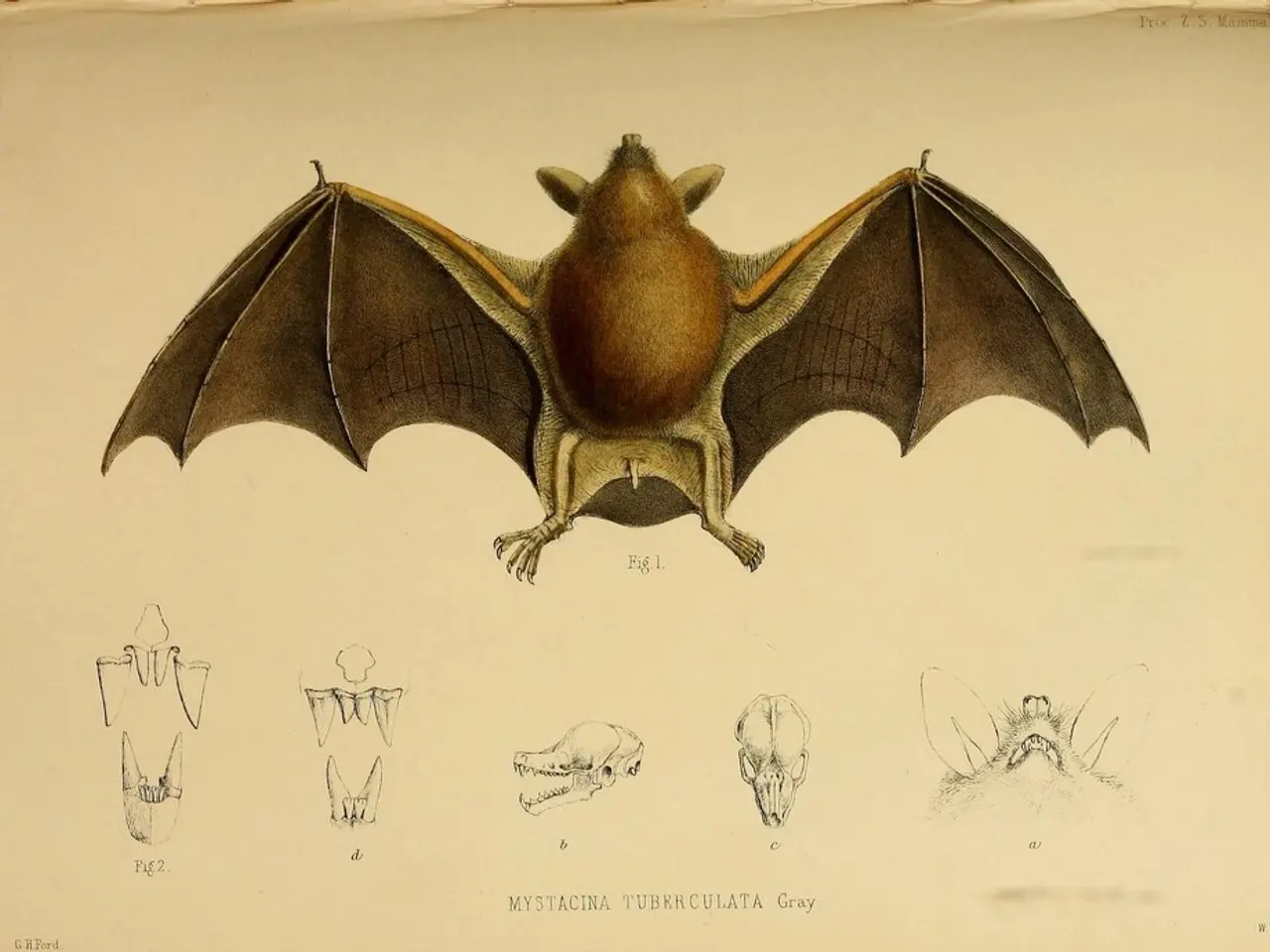commences full-scale operation of the Black Mass facility for battery recycling in Schwarzheide, Germany, by BASF
BASF Opens Largest European Battery Recycling Plant in Schwarzheide
BASF, a global leader in the chemical industry, has announced the commercial operation of its Black Mass plant in Schwarzheide, Germany. This state-of-the-art facility marks a significant milestone in BASF's battery recycling business and strengthens its position as a preferred partner across the entire value chain in Europe.
The Black Mass plant is a crucial component of BASF's broader strategy to address the growing demand for battery recycling services in Europe. It is not the only facility operated by BASF in Schwarzheide; the company also operates Europe's first fully automated CAM production, a prototype metal refinery for battery recycling, and one of Europe's largest Black Mass storage facilities.
Black mass production is a key step in the battery recycling process and is based on mechanical treatment of the batteries. The plant has an annual processing capacity of up to 15,000 tons, which equates to roughly 40,000 electric vehicle batteries per year. This makes it one of the biggest commercial plants in Europe for processing end-of-life lithium-ion batteries and production scrap.
The Black Mass produced at the plant contains high amounts of key metals used to produce cathode active materials (CAM): lithium, nickel, cobalt, and manganese. These valuable metals can be chemically recovered and used to produce new CAM, enabling circularity and reducing the carbon footprint compared to using only primary raw materials.
Dr. Daniel Schönfelder, President of BASF's Battery Materials division, stated that the new Black Mass plant is a proof of BASF's commitment to the Battery Materials and Recycling industry. He further emphasized that this investment underscores BASF's role as a key player in the circular economy, contributing to the EU's ambitious goals for a sustainable and resource-efficient future.
BASF's offering in Europe encompasses all steps in the battery recycling value chain, including collection, discharging and dismantling, Black Mass production, and refining. The company leverages a strong and reliable partner network in addition to its own facilities to provide comprehensive battery recycling services.
The Battery Materials and Recycling industry is one of the most significant growth opportunities in the chemical industry and for BASF Battery Materials. Battery recycling is a key factor in increasing independence from primary raw material sources and meeting the ambitious requirements of circular economy policies.
As the demand for electric vehicles and energy storage systems continues to grow, so does the need for sustainable and efficient battery recycling solutions. BASF's Black Mass plant in Schwarzheide is a testament to the company's commitment to driving innovation and providing sustainable solutions for the future.








